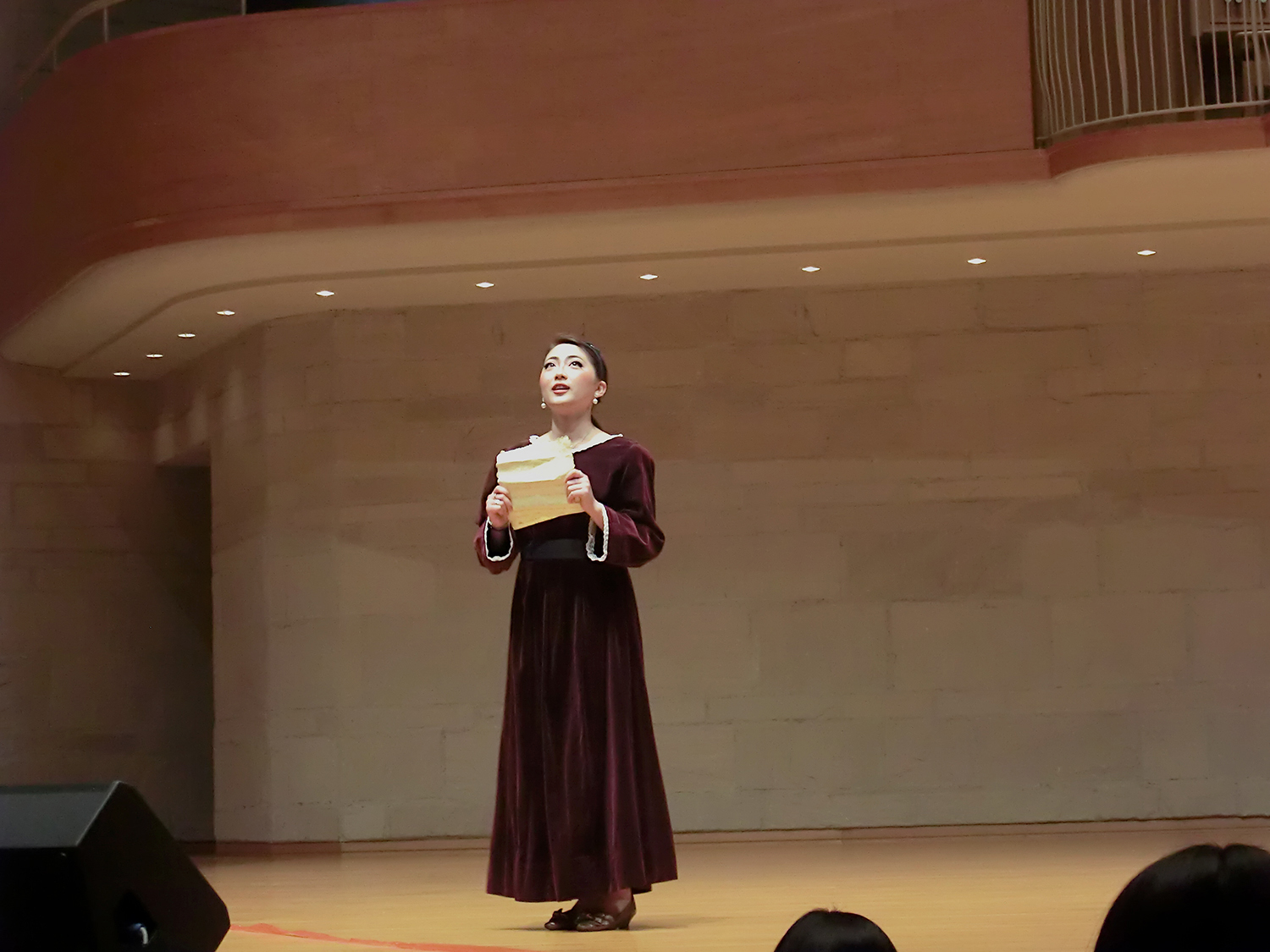In 1964, the late Polish theater scholar Jan Kott wrote "Shakespeare, Our Contemporary," an influential book that questioned the processes of producing Shakespeare in the here and now and whether the Bard's texts should serve as clues for an archeological dig to recover something of their original history — or as conduits that channel concerns specific to a present time, place and people.
In the winter of 1966, a group of students gathered in a cold classroom in Kobe to grapple with similar questions and more. They were rehearsing "As You Like It," the first in an unbroken line of annual Shakespeare productions performed in English by undergraduates at Konan Women's University.
Student-led ensemble productions in English-literature departments were not uncommon in postwar Japan. Shakespeare was still widely seen as being at the epicenter of the Western literary canon, and academic institutions took pride in tackling the perceived complexity of his works — or what the leading 17th-century English poet John Dryden famously called his "innate greatness."



















With your current subscription plan you can comment on stories. However, before writing your first comment, please create a display name in the Profile section of your subscriber account page.